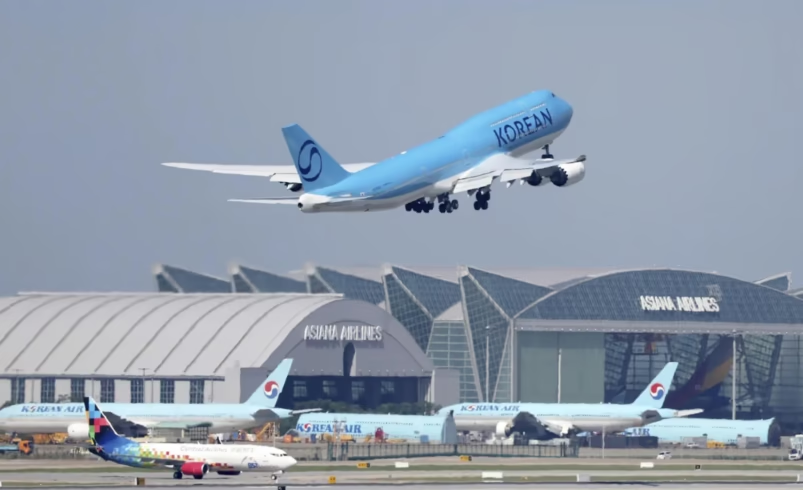South Korea Sends Plane to Repatriate Citizens from US
- September 10, 2025
- 0

In a significant move, South Korea has sent a chartered plane to the United States to bring back hundreds of its citizens detained during a recent immigration raid. The operation took place at a Hyundai-LG battery plant in Georgia, a joint venture valued at $4.3 billion. This raid resulted in the arrest of numerous South Korean nationals, many of whom were reportedly holding improper visas.
The raid, which has drawn international attention, highlights the ongoing challenges faced by multinational companies operating in the U.S. and the complexities of immigration compliance. The Hyundai-LG plant, a major investment aimed at boosting electric vehicle battery production, became the focal point of this enforcement action.
The Hyundai-LG battery plant represents a significant investment in the future of electric vehicles. Located in Georgia, this facility is part of a broader strategy to enhance battery production capabilities in the U.S., supporting both local manufacturing and global supply chains. The $4.3 billion joint venture underscores the importance of international cooperation in advancing green technology.
The recent immigration raid was conducted as part of routine checks to ensure compliance with U.S. immigration laws. Authorities targeted individuals suspected of working without proper documentation. This has raised concerns about visa management and compliance among foreign workers employed by multinational corporations.
The raid led to the detention of numerous South Korean nationals, prompting swift action from Seoul. The South Korean government’s decision to dispatch a chartered plane underscores its commitment to protecting its citizens abroad and ensuring their safe return home. This incident has sparked discussions about visa policies and the treatment of foreign workers in the U.S.
The incident has prompted reactions from various stakeholders, including government officials and industry leaders. There is an ongoing debate about the balance between enforcing immigration laws and supporting international business operations. The situation also highlights potential vulnerabilities in visa management for companies relying on foreign expertise.
As this situation unfolds, it may lead to increased scrutiny on visa practices and compliance measures for multinational enterprises operating in the U.S. Companies may need to reassess their hiring practices and ensure strict adherence to immigration regulations to avoid similar incidents in the future.